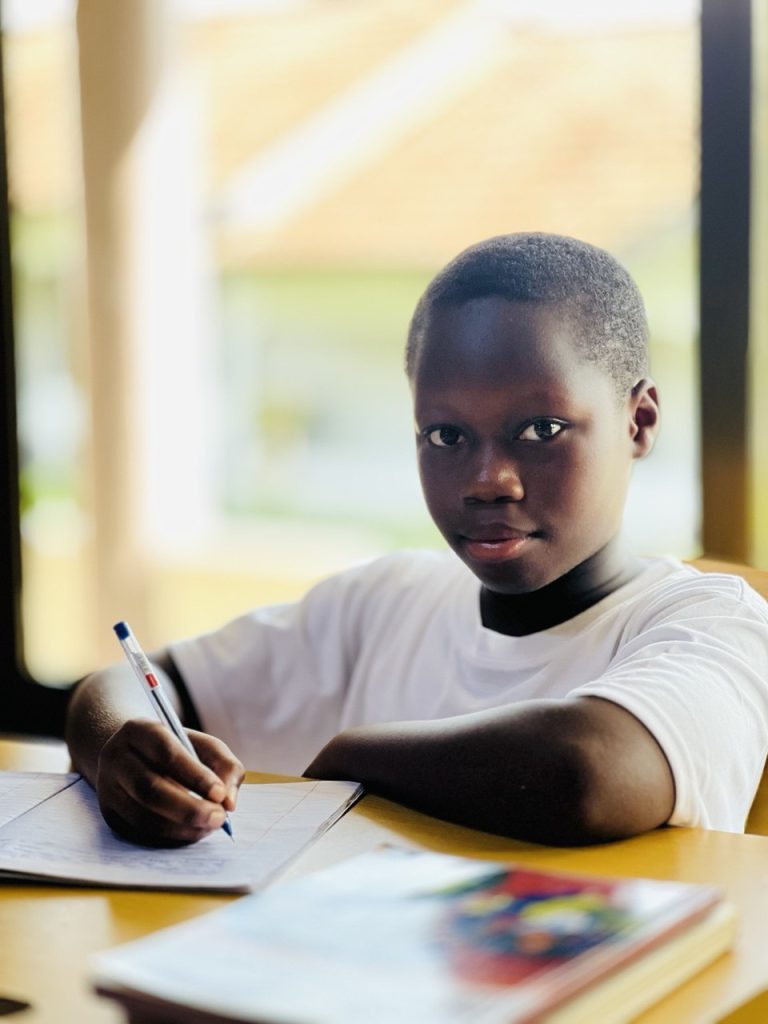Key Points at a Glance
The IB Primary Years Programme (PYP) nurtures curiosity, critical thinking, and a lifelong love of learning in children aged 3 to 12.
The PYP is transdisciplinary, meaning it connects learning across subjects and encourages real-world applications.
Students develop not only academic skills but also personal, social, and emotional competencies through the IB Learner Profile.
The International Baccalaureate Primary Years Programme (PYP) is one of the most forward-thinking and holistic education systems for young learners. Designed for students aged 3 to 12, the PYP focuses on the development of the whole child — academically, socially, emotionally, and culturally.
As global education evolves, more parents and schools are turning to the PYP for its student-centered approach, international outlook, and emphasis on critical thinking.
Below are key features of the PYP:
1. Inquiry-Based and Student-Centered Learning
At the core of the PYP is inquiry-based learning. Instead of simply memorizing facts, students are encouraged to ask questions, investigate, and seek answers through exploration and research. This approach leads to curiosity and empowers children to take ownership of their learning.
Teachers act as facilitators, guiding students as they discover information, connect ideas, and apply what they’ve learned to real-life situations. Whether exploring the life cycle of plants or investigating how communities function, students learn through active engagement.
2. Transdisciplinary Curriculum
The PYP is not limited by traditional subject boundaries. It uses a transdisciplinary framework, which means subjects such as mathematics, language, science, and the arts are integrated and taught through broad, meaningful themes known as Units of Inquiry.
These themes, such as Who We Are or How the World Works, help students see the connections between disciplines and understand how learning applies to their everyday lives. For example, a unit on “Sharing the Planet” might involve science (ecosystems), social studies (conservation), and literacy (persuasive writing).
This approach leads to deep understanding and encourages students to think critically and globally.
3. The IB Learner Profile
A standout feature of the IB Primary Years Programme is the IB Learner Profile — a set of ten attributes that define what it means to be an internationally minded learner. These include being:
- Inquirers
- Thinkers
- Communicators
- Principled
- Open-minded
- Caring
- Risk-takers
- Balanced
- Reflective
- Knowledgeable
Students are not only expected to develop academic competencies but also personal and interpersonal skills that shape character and values. At MICS, teachers regularly refer to these traits in daily lessons, helping students become well-rounded individuals prepared to navigate the complexities of the world.
4. Concept-Based Learning
Instead of focusing only on facts and content, the PYP emphasizes big ideas or concepts that can be applied across different topics and contexts. For instance, concepts such as “change,” “responsibility,” and “connection” are revisited throughout a child’s primary years in various forms.
This helps students develop transferable understanding, which means they are better equipped to apply what they know in new and unfamiliar situations — a crucial skill in a rapidly changing world.

5. Emphasis on International Mindedness
One of the key goals of the IB is to develop students who are globally aware and culturally respectful. Through exposure to different perspectives, cultures, and global issues, students learn to appreciate diversity and think beyond their local environment.
6. Assessment That Supports Growth
Assessment in the PYP is not just about grades or exams. It is focused on monitoring progress, providing constructive feedback, and encouraging self-reflection. Teachers use a variety of tools — such as portfolios, journals, and performance tasks — to understand each student’s development.
Students are also involved in assessing their own learning. They are taught to reflect on their work, set goals, and take responsibility for their progress. This builds confidence, independence, and a growth mindset.
7. Strong Collaboration Between School and Home
The PYP places a strong emphasis on partnerships between educators, students, and families. Parents are invited to take an active role in their child’s education through events, conferences, and collaborative projects.
At MICS, for example, regular parent workshops and showcase events ensure that families understand the learning journey and can support their children at home.
8. Professional Development for Teachers
To deliver the PYP effectively, teachers undergo specialized training and continuous professional development. This ensures that educators understand the principles of inquiry-based teaching, transdisciplinary learning, and international-mindedness.
Schools like MICS invest in regular IB training sessions, enabling teachers to stay current with best practices and inspire students with confidence and skill.
Final Thoughts
The IB Primary Years Programme is more than a curriculum — it’s a philosophy that places students at the center of their learning journey.
With its focus on inquiry, concept-driven instruction, and global citizenship, the PYP helps children become thinkers, communicators, and problem-solvers equipped for the challenges of the 21st century.
